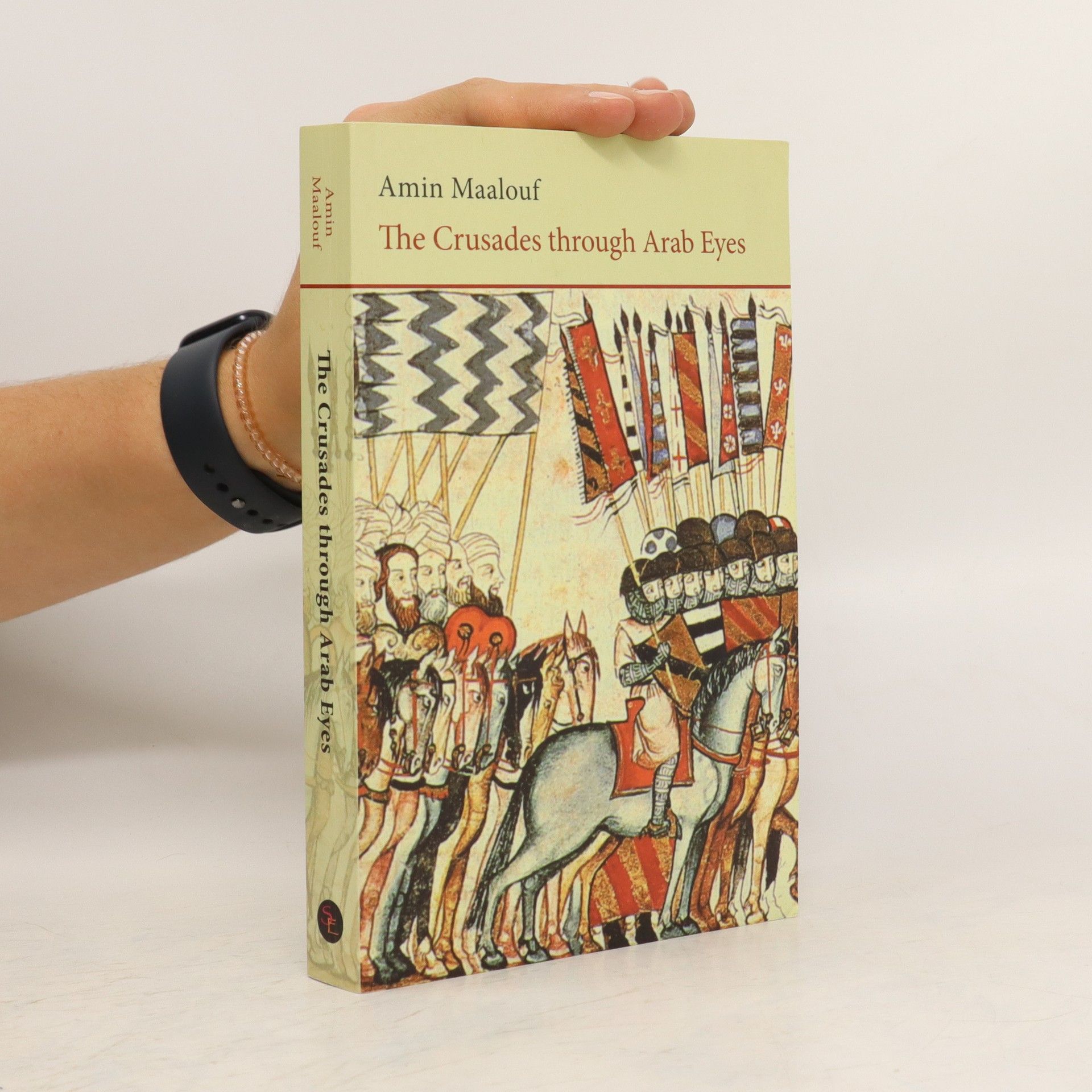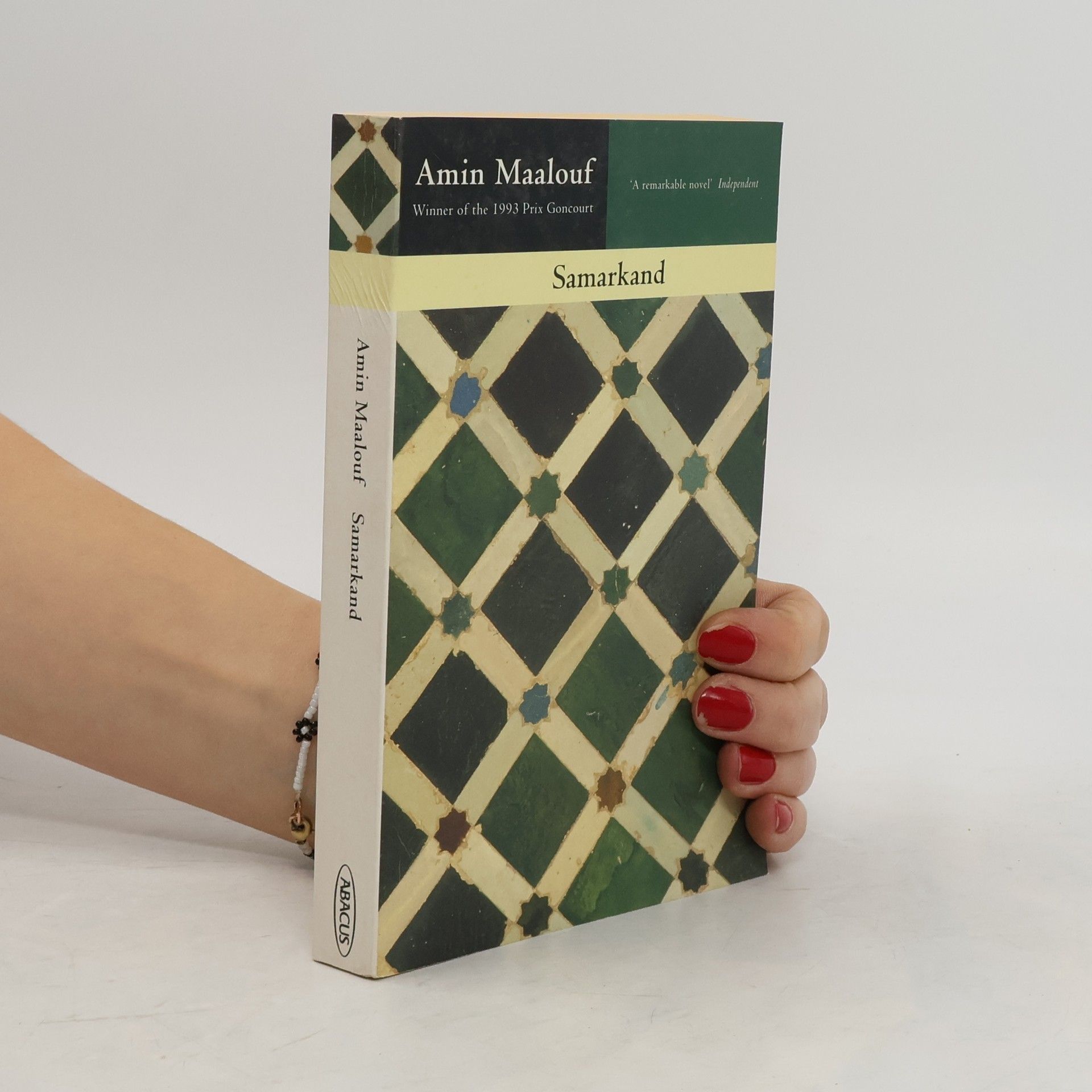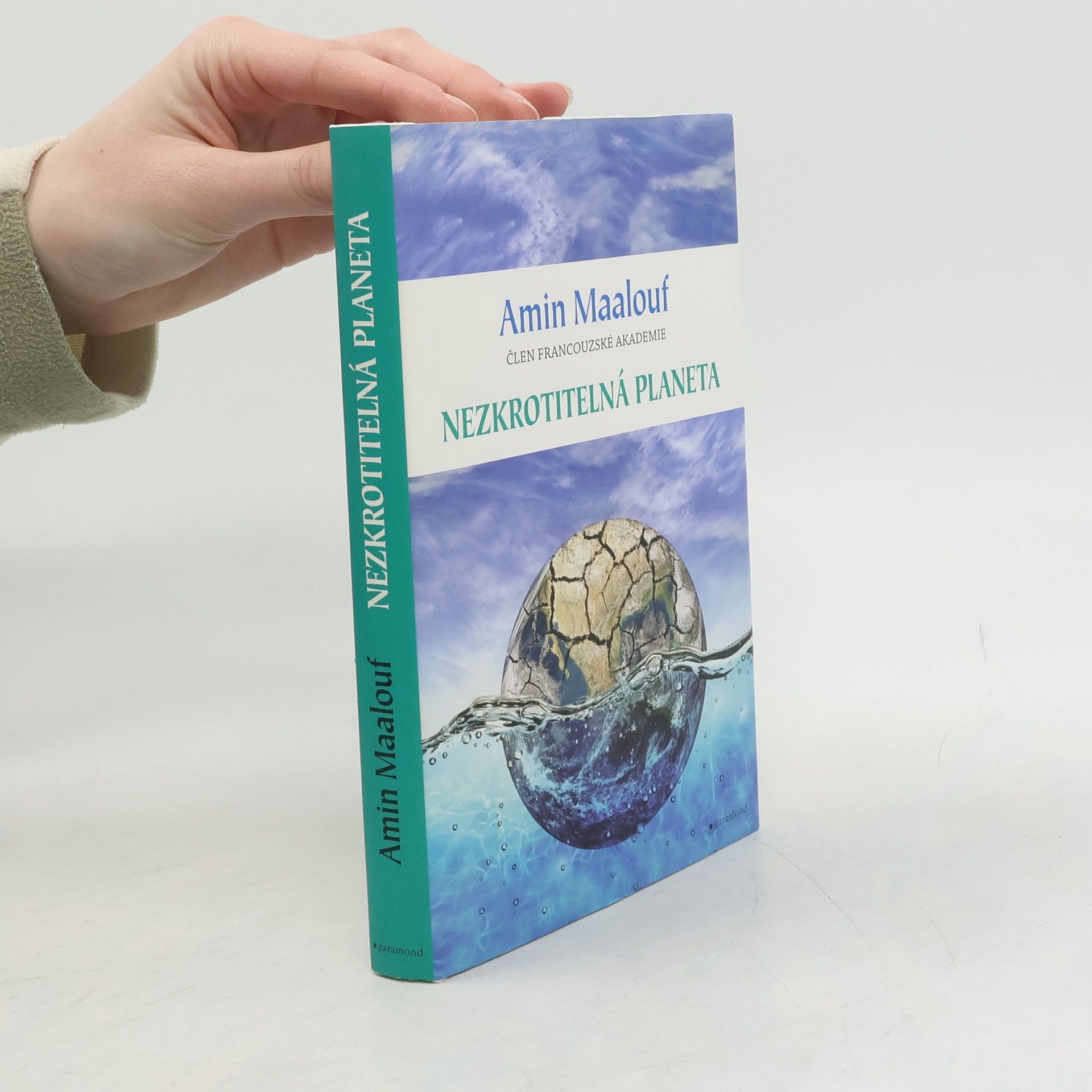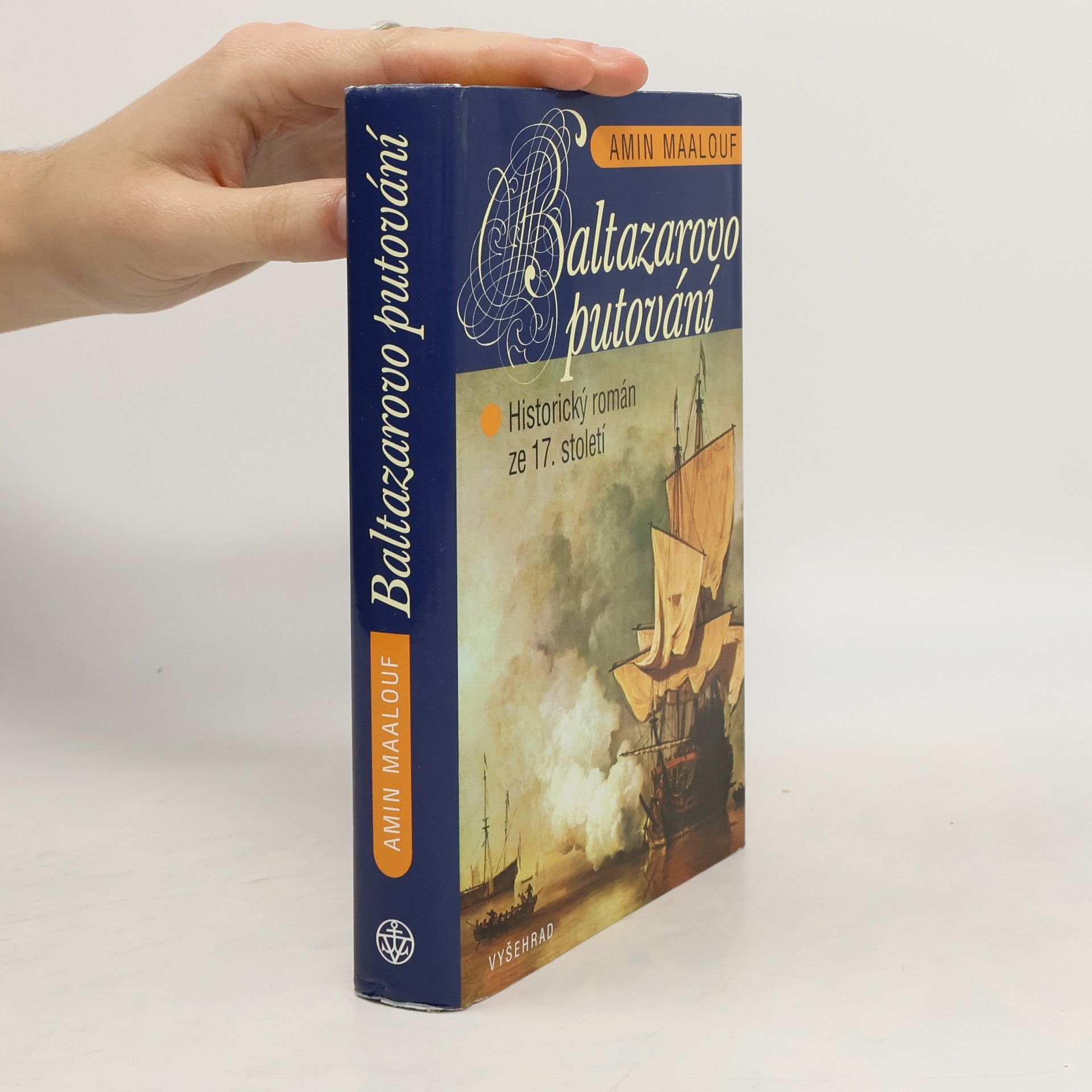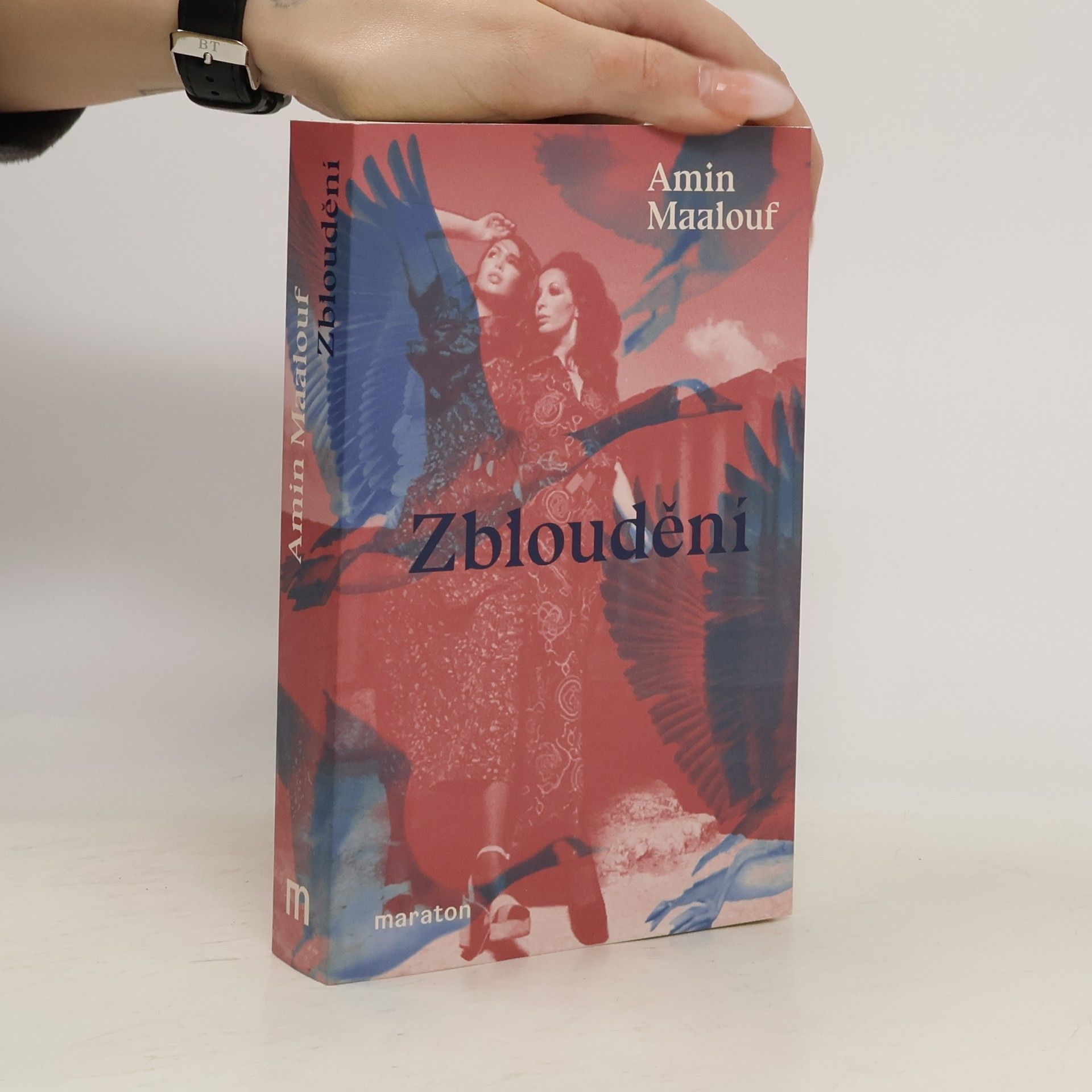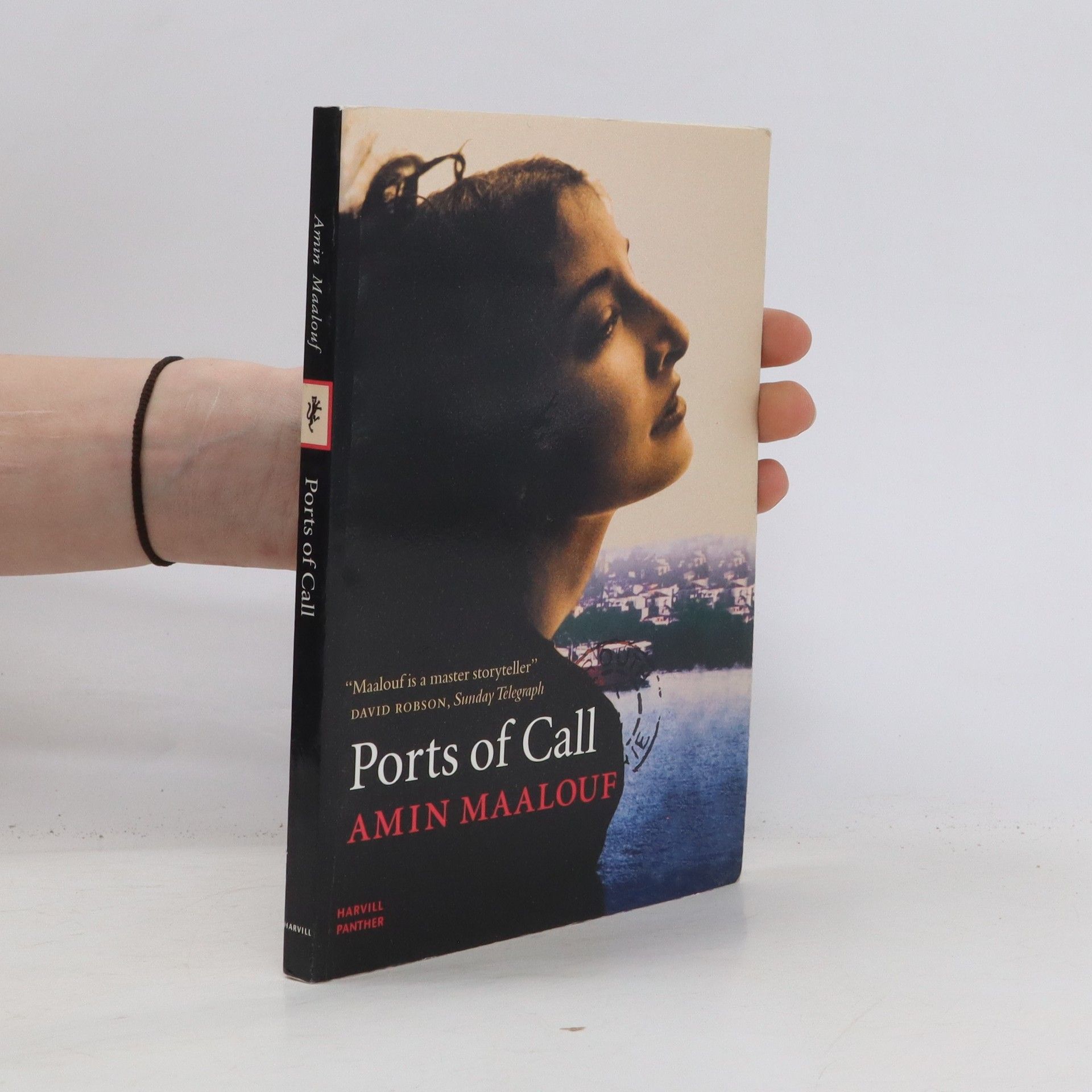Zbloudění
- 344 stránek
- 13 hodin čtení
Jedné noci v Paříži zazvoní telefon. Adam se dozví, že jeho nejbližší přítel z mládí umírá. Rozhodne se okamžitě odjet do své domoviny, které se po dlouhých dvacet pět let vyhýbal. Jako exulant žil ve Francii pohodlný život respektovaného historika – sice v cizině, ale v bezpečí. V jeho rodném Libanonu zatím zuřila občanská válka a škody, které napáchala na místní společnosti, Adama při návratu domů rychle doženou.Každý z jeho školních přátel si v dramatické době zvolil vlastní cestu; někteří žili se zavřenýma očima, jiní se nechali unést ideologií a mají na rukou krev. Neseme za stav své země osobní odpovědnost? Je utéct lepší než se zaprodat? A jsou věci, které nemůžeme odpustit ani nejlepším přátelům?Přední současný francouzskojazyčný spisovatel ve svém nejautobiografičtějším románu bilancuje vlastní životní rozhodnutí, uvažuje o ideálech, kompromisech, politice i lásce v době války.

